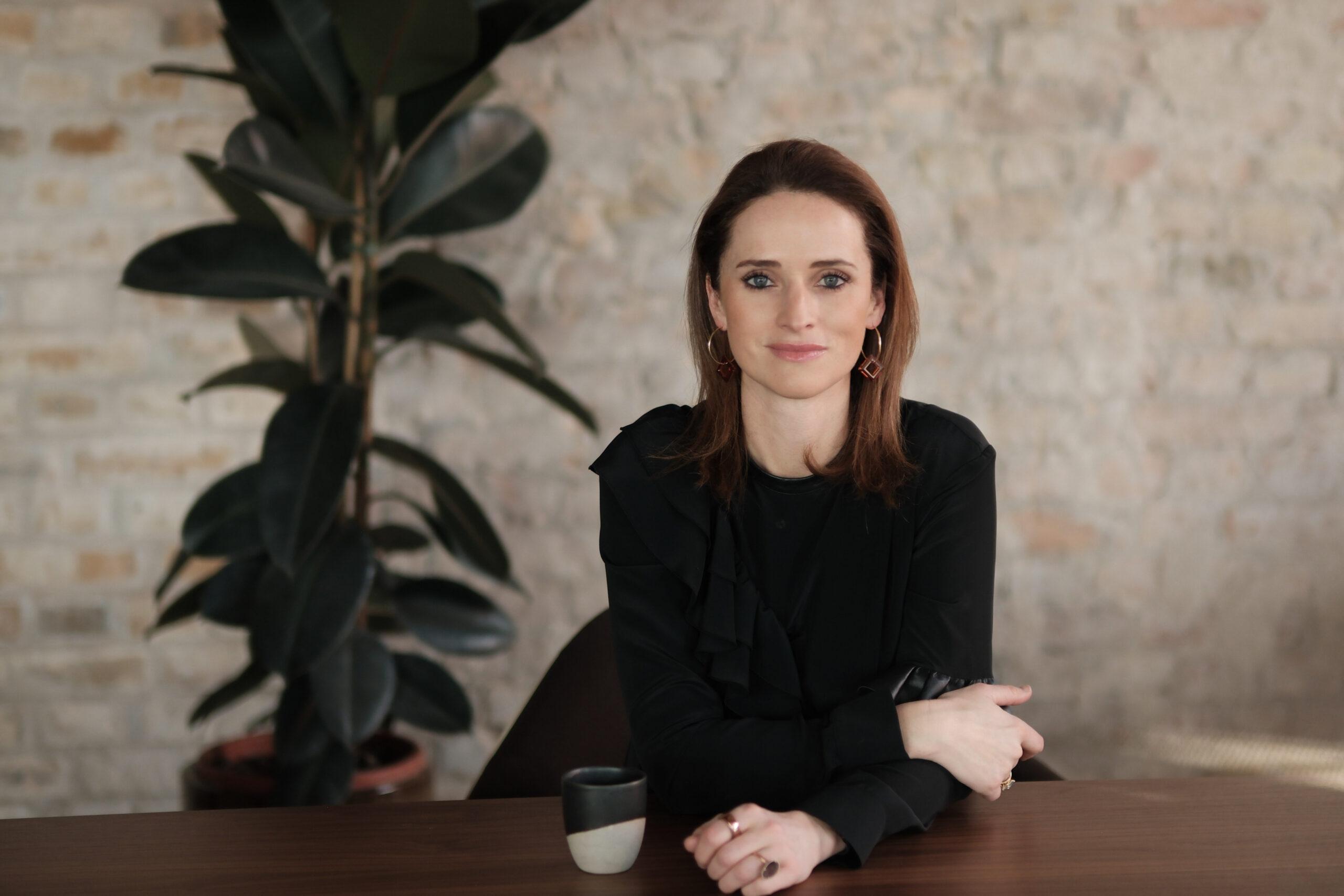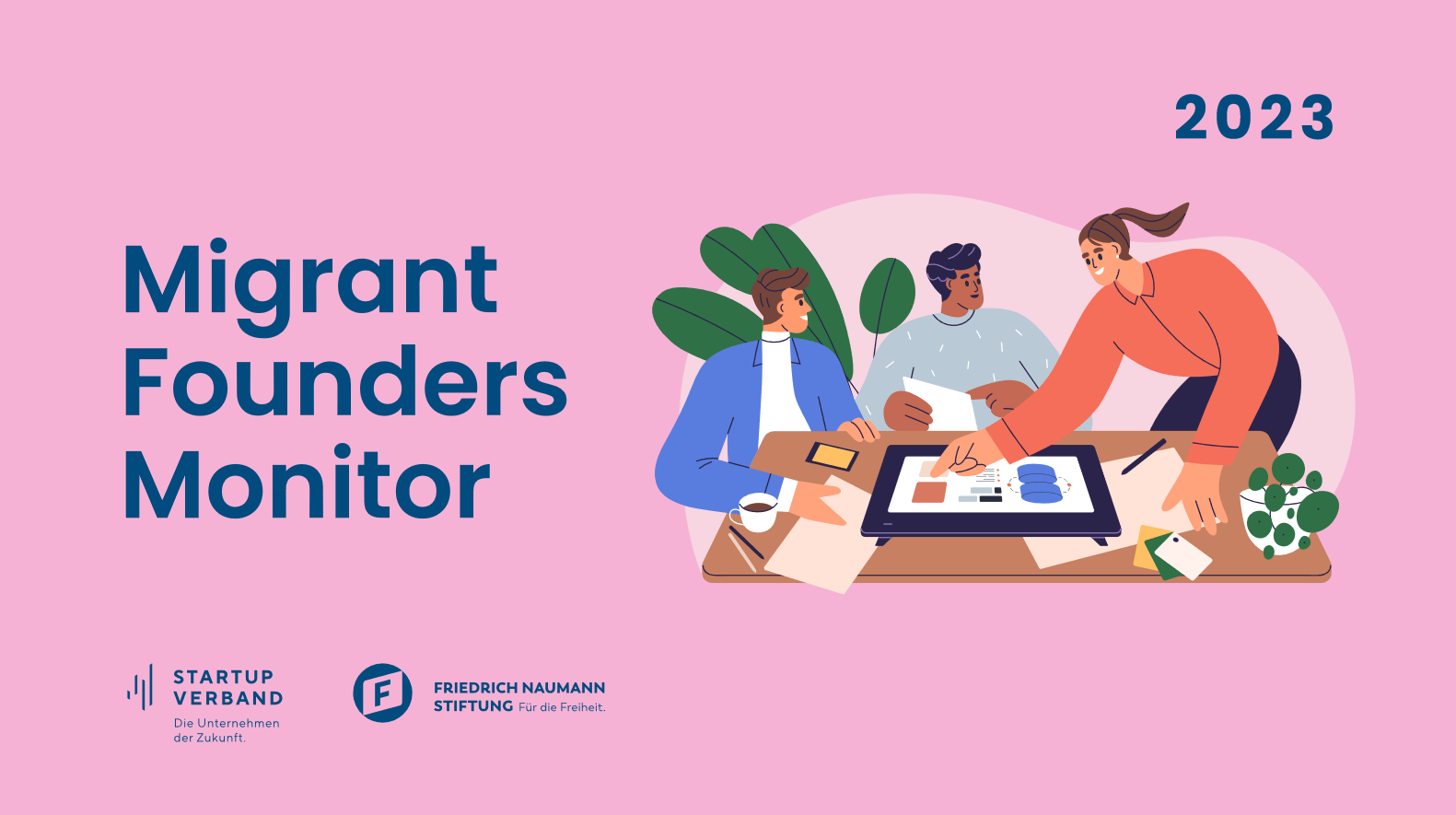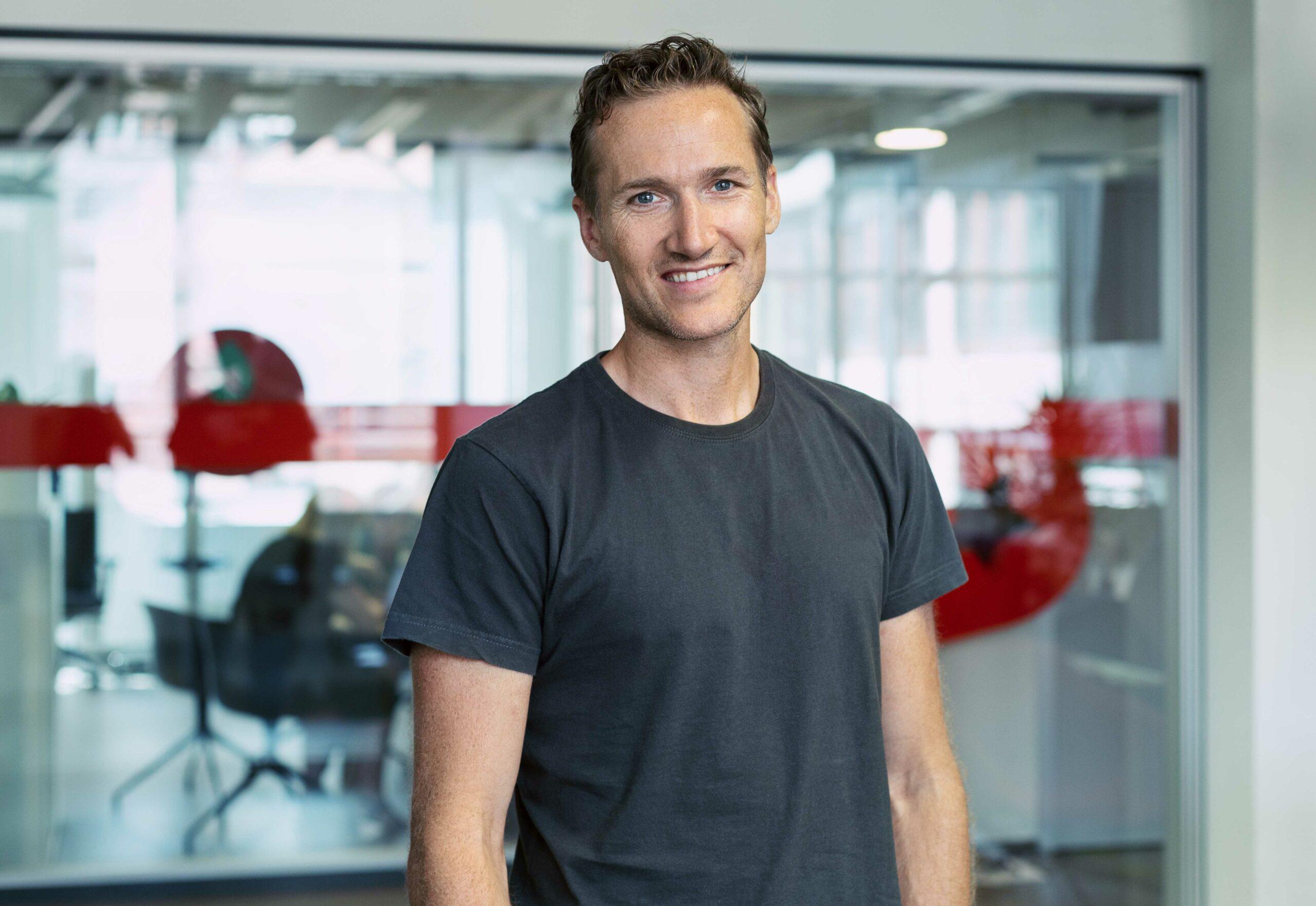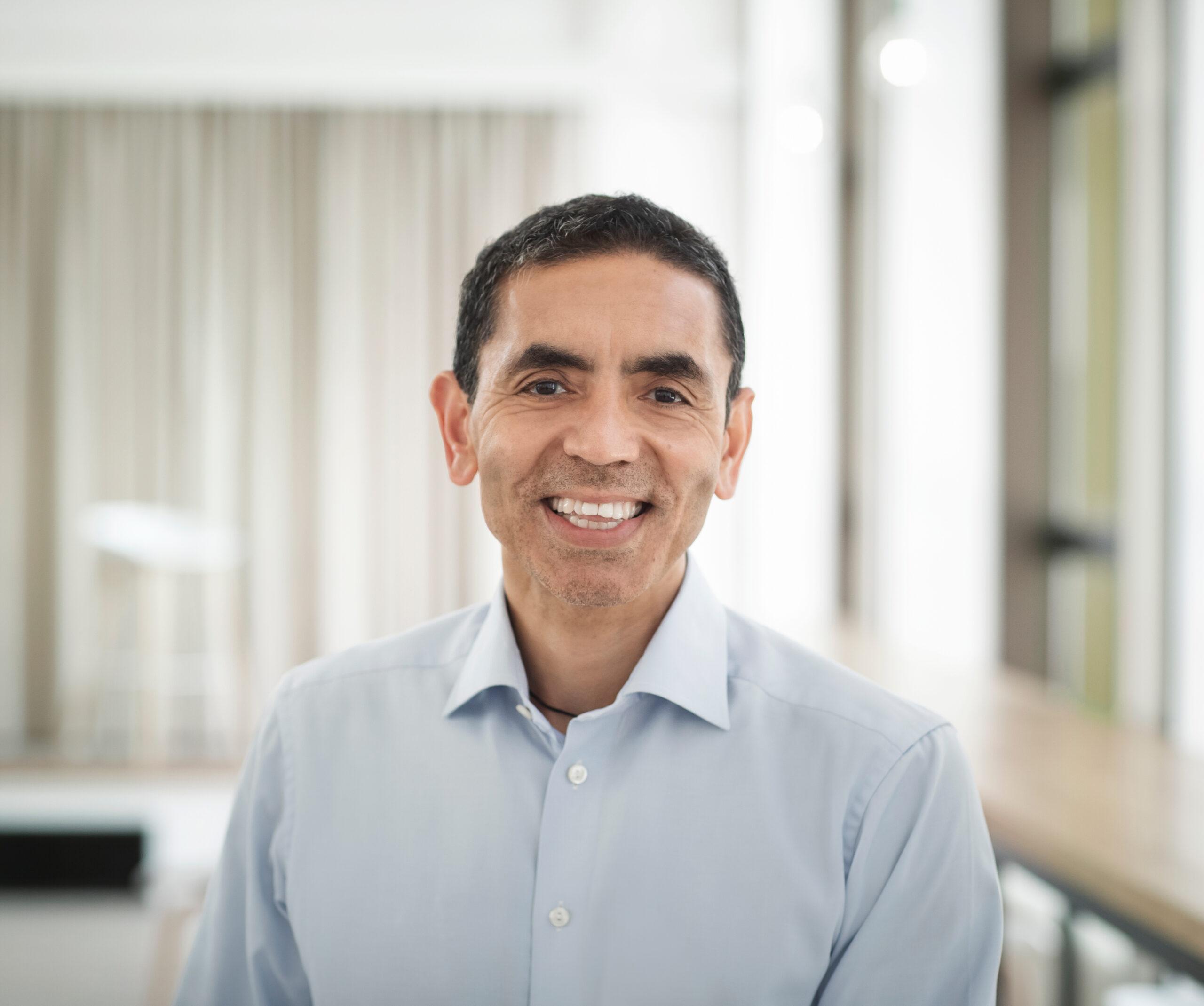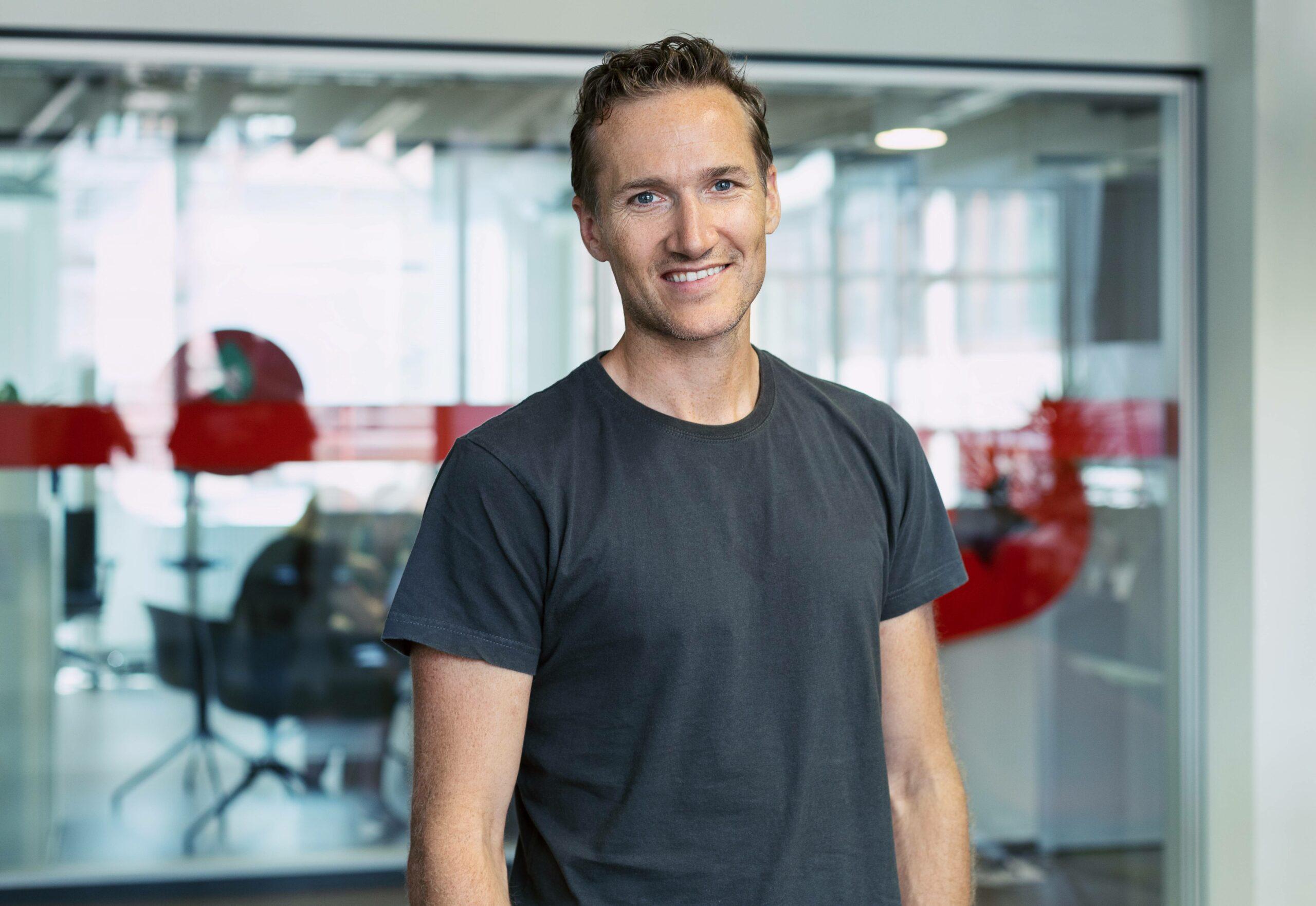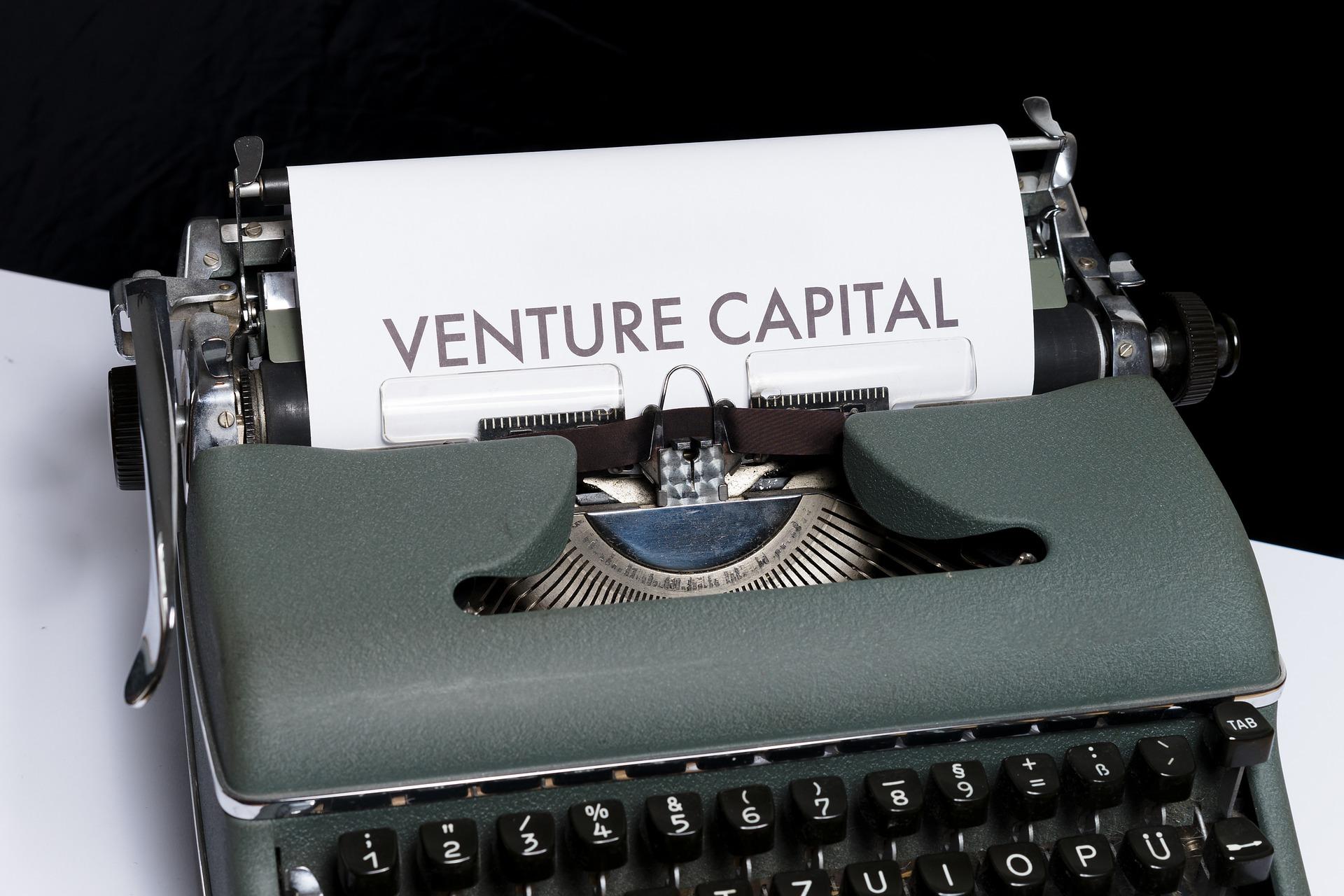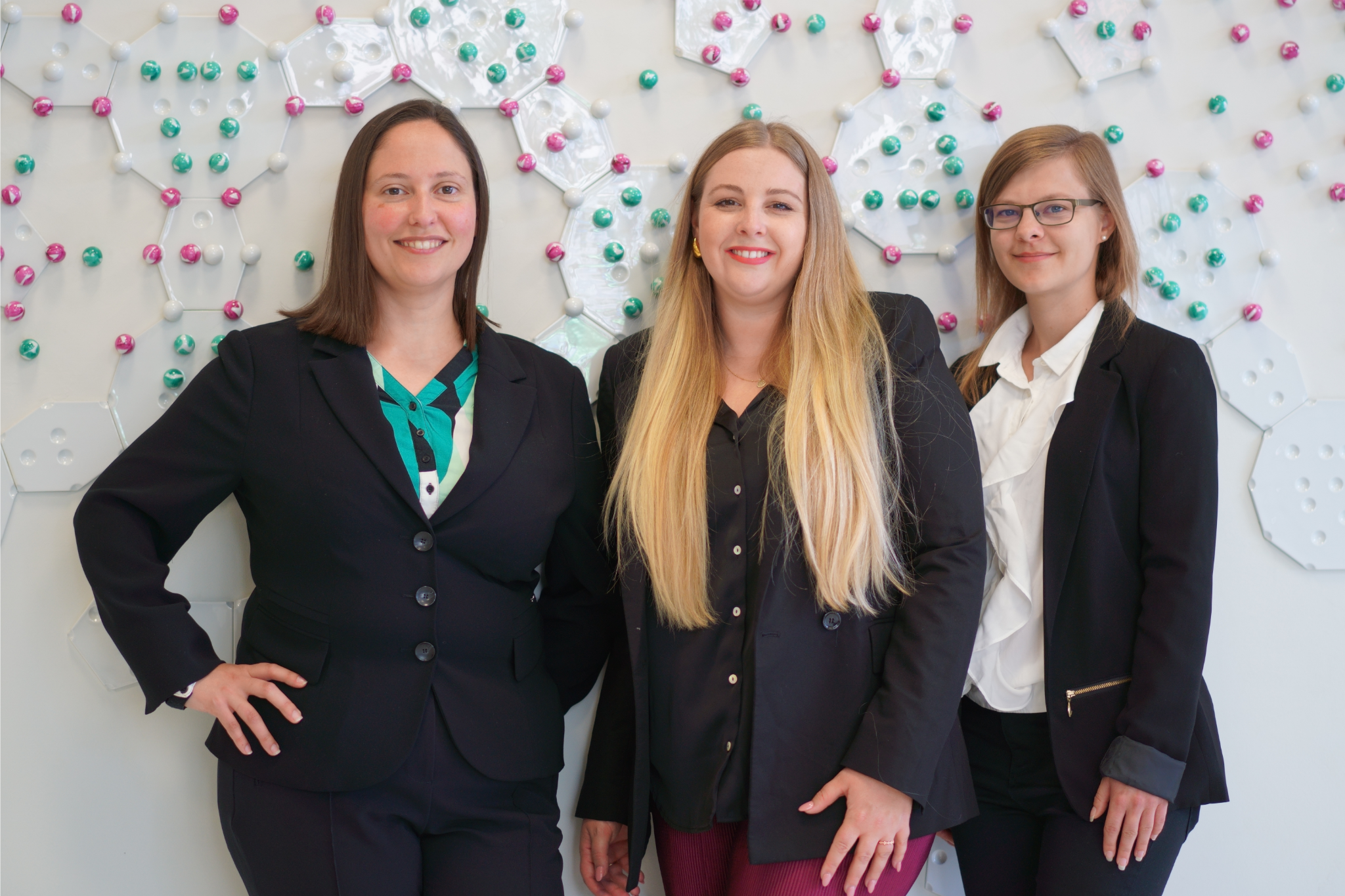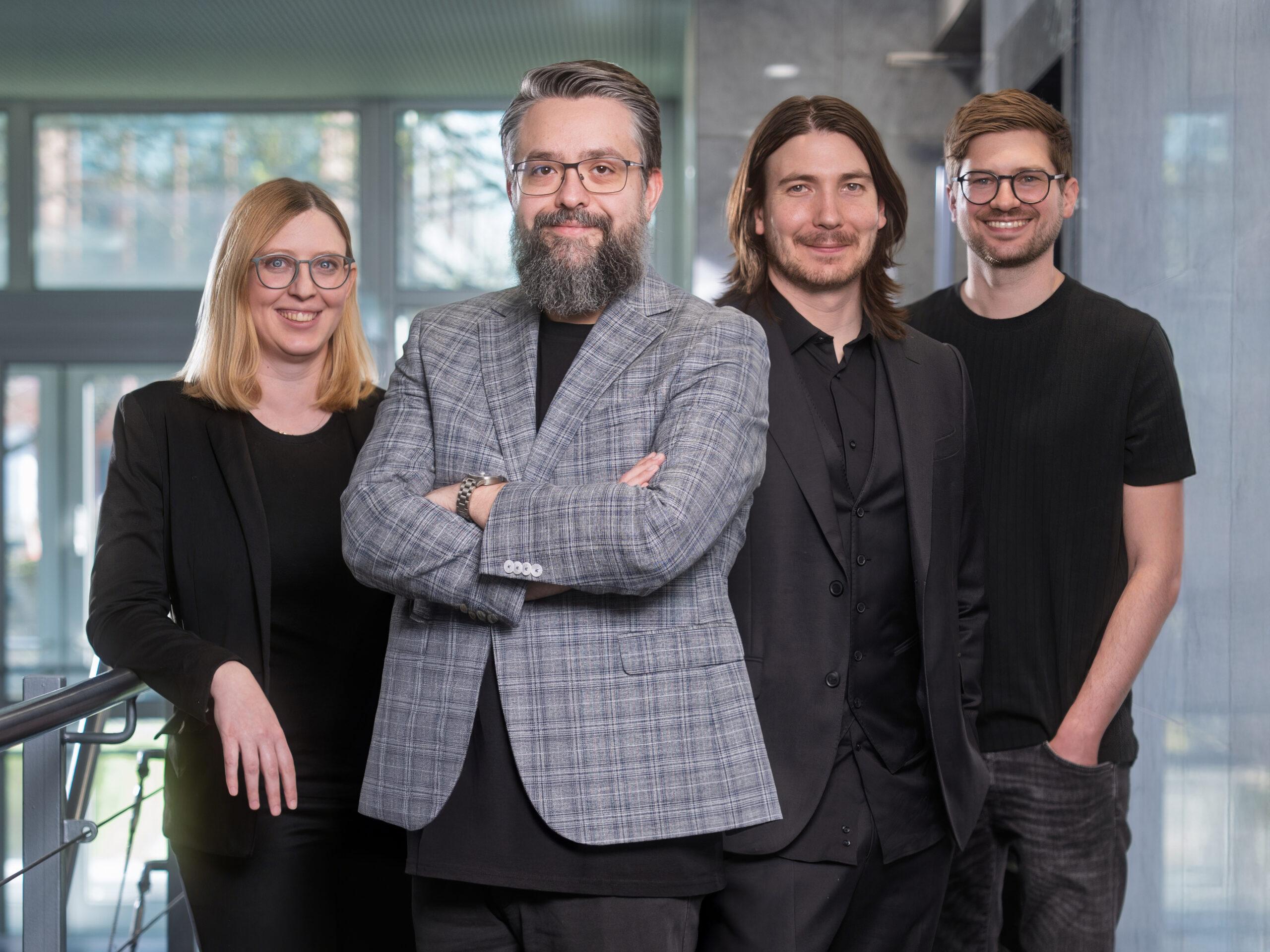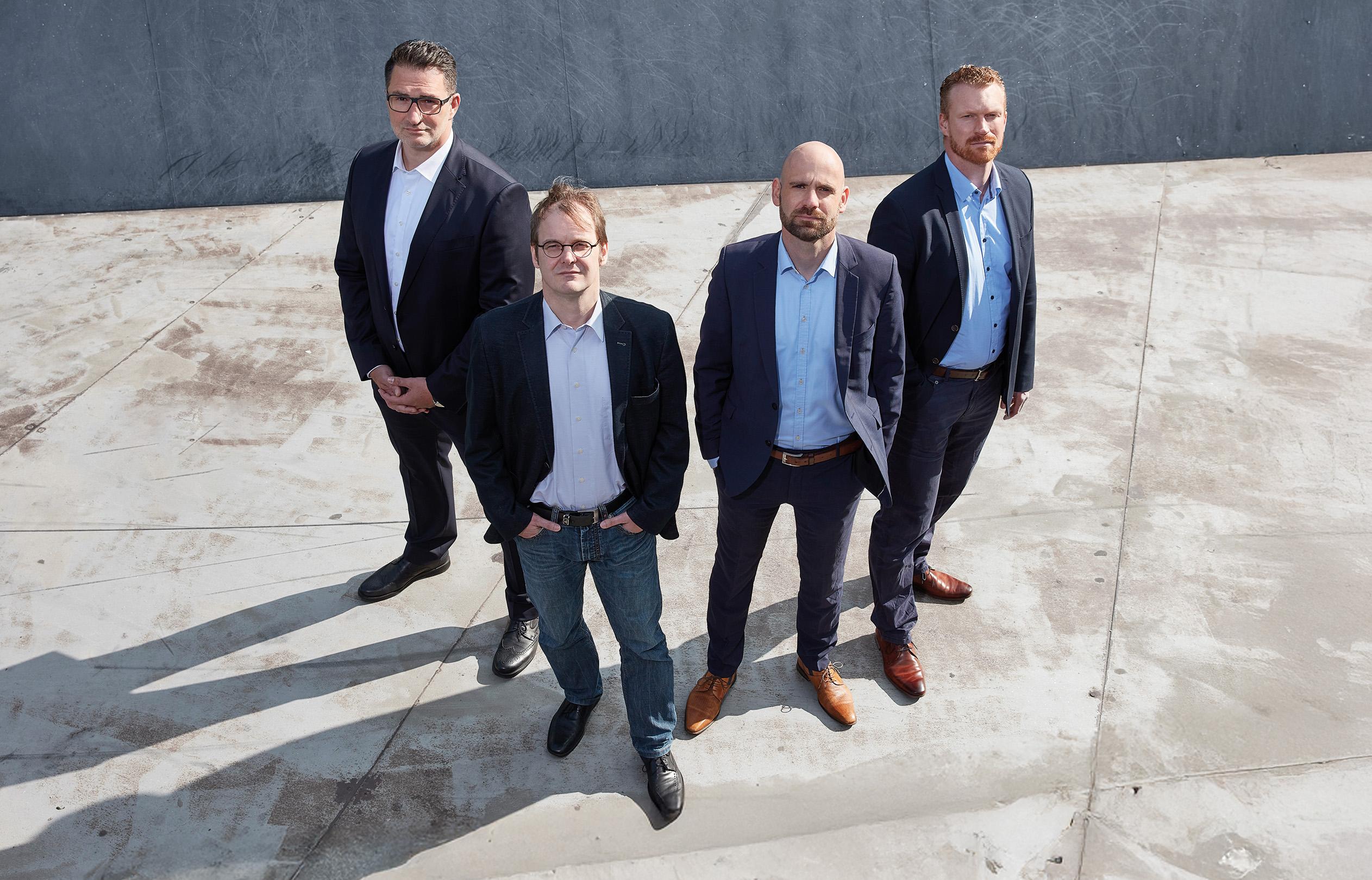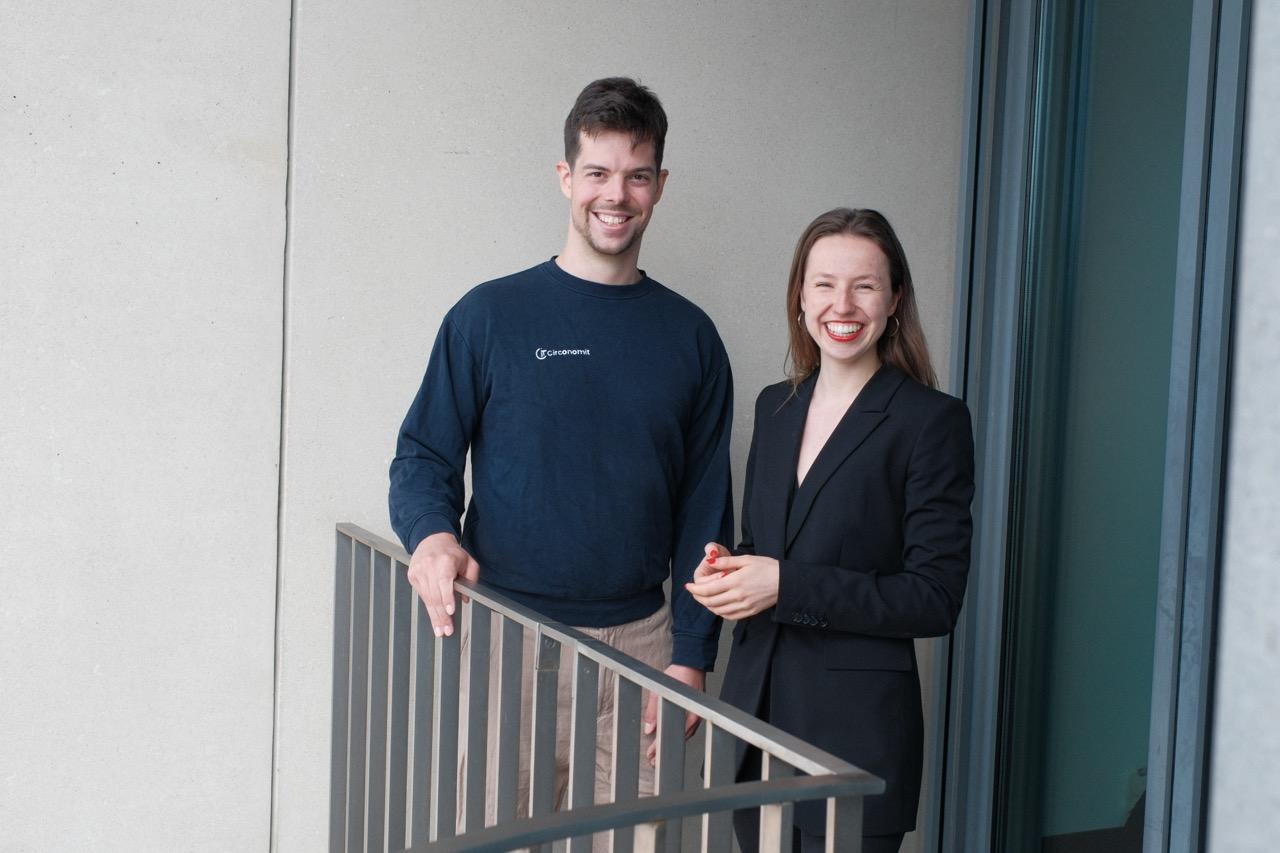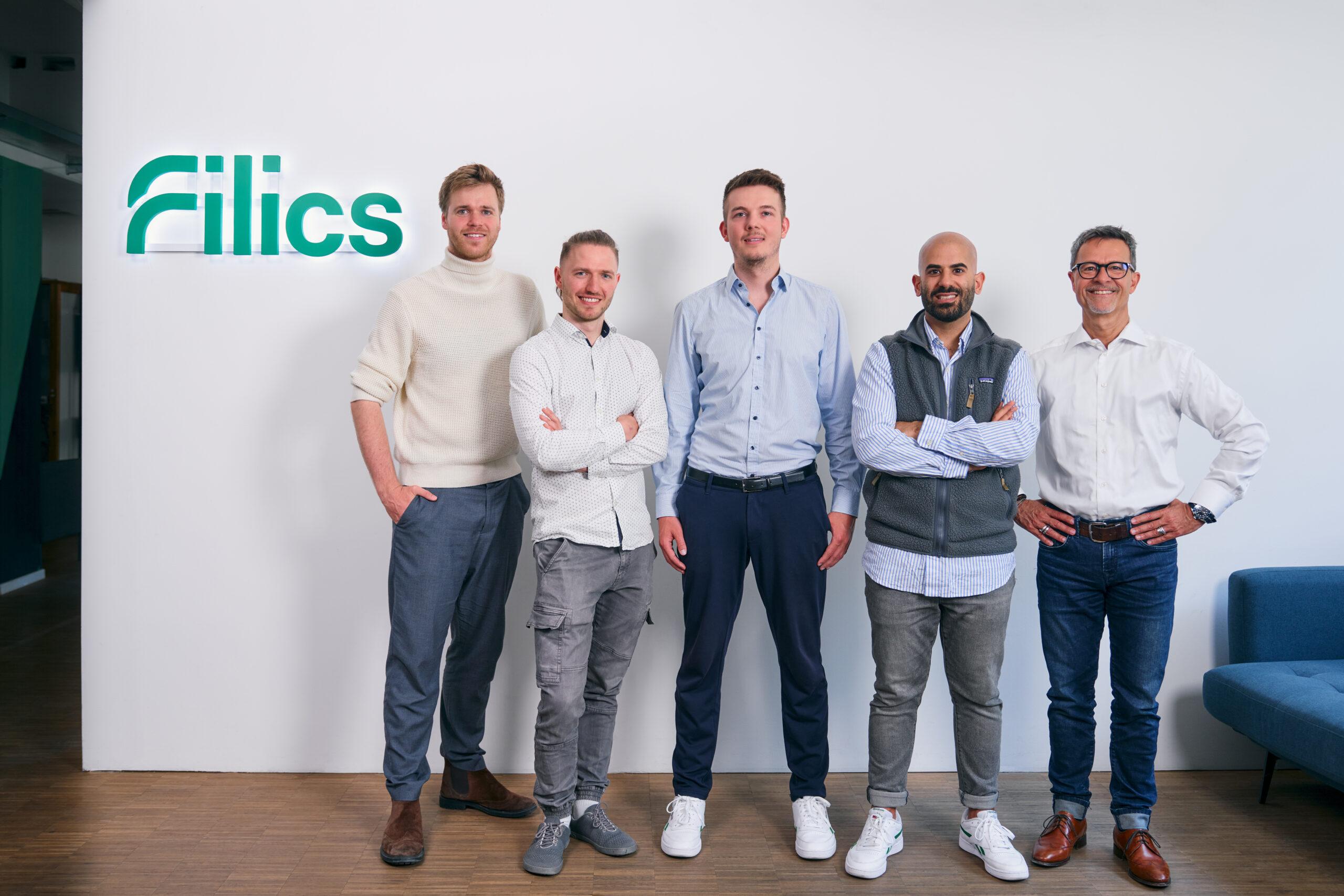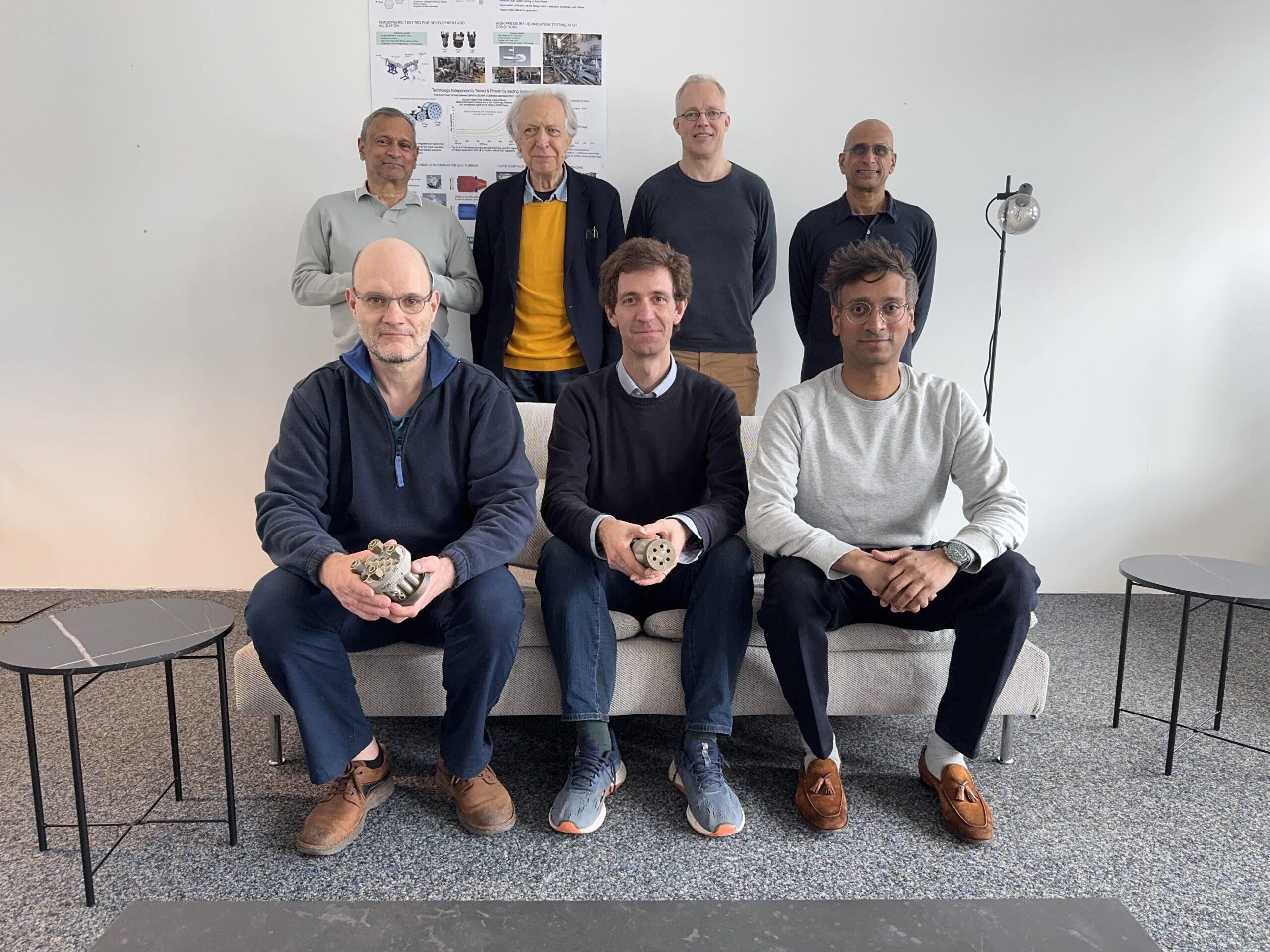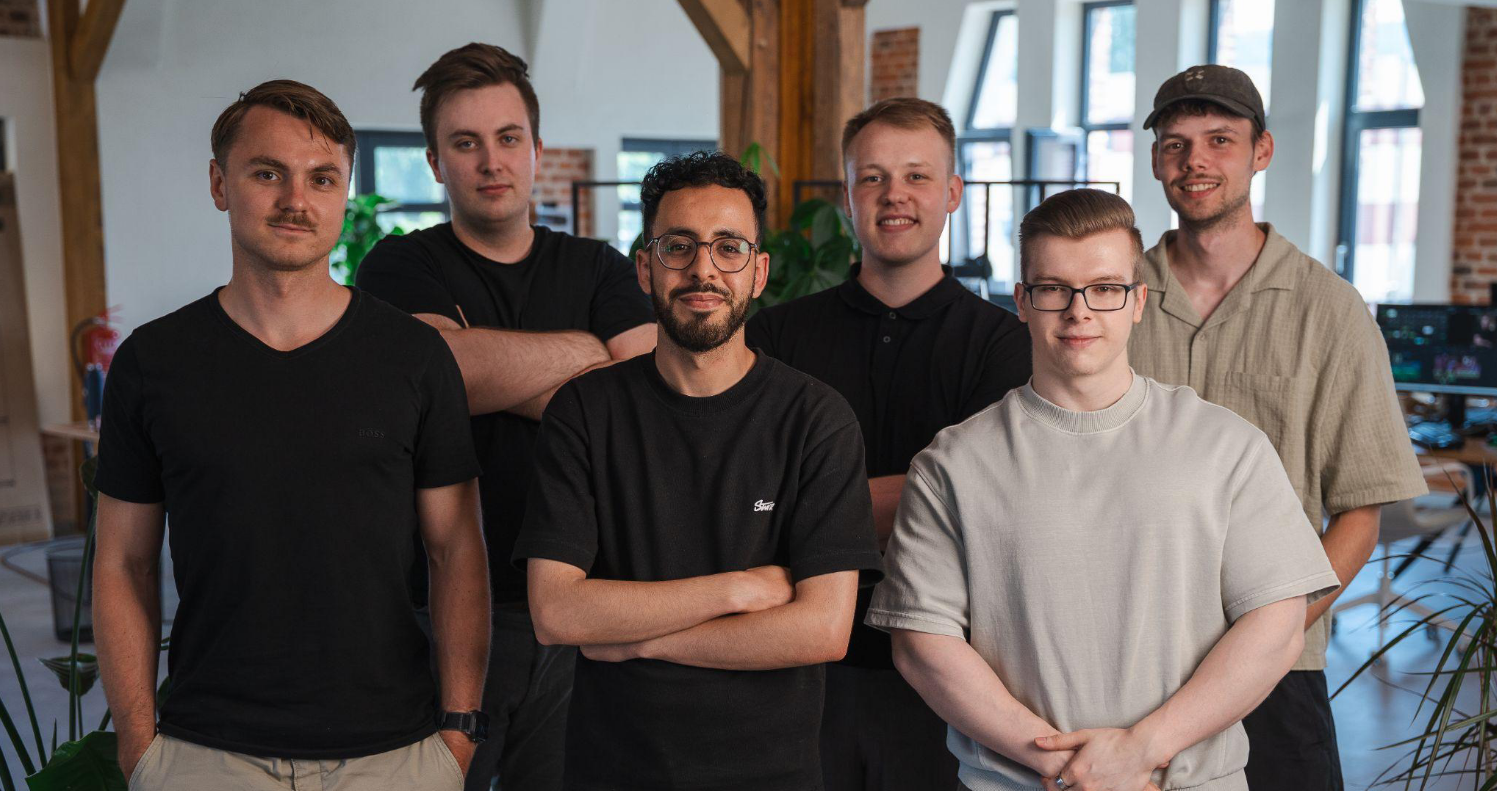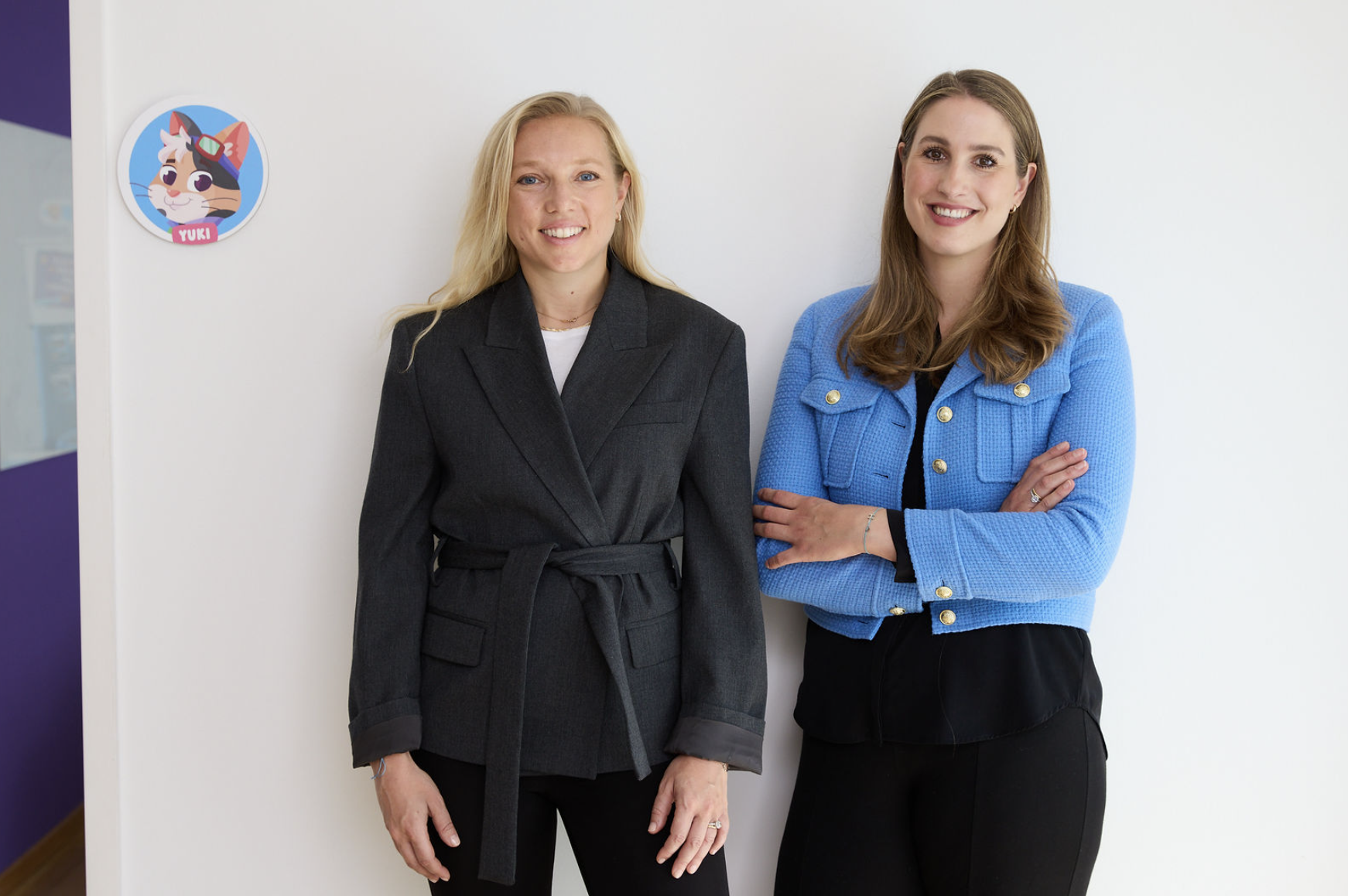On average, one in five start-ups has a founder with a migration background

Founders with a migration background are highly qualified and successful. However, there are often obstacles to networking and financing.
Around 20 percent of all start-ups in Germany have a founder with a migrant background. This is shown by the "Migrant Founders Report", which was carried out for the first time by the Friedrich Naumann Foundation and the Federal Association of German Start-ups. This means that people with a migration background are still underrepresented. Their share of the population is around five percentage points higher. The distribution varies greatly across Germany: while 26.6 percent of start-up founders in NRW have a history of migration, no one in Thuringia or Brandenburg does. The study counts people with a migration background in the first or second generation. The report lists Biontech, Auto1, Delivery Hero and Research Gate, among others, as particularly successful start-ups.
"Diversity is not an option, but a social necessity that we should not wait for founders to advocate," says Sophie Chung, CEO and founder of Qunomedical and board member of the Start-up Association. "The promotion of entrepreneurial talent should start in childhood: If we manage to break down the mental and actual barriers at a young age, then we will raise the enormous, previously untapped potential."
Nine out of ten founders with migration experience have an academic degree - compared to 84% in the ecosystem as a whole. They are also particularly likely to have a STEM background. According to the report, founders with a migration background are also more willing to take risks. 68% aim for an exit, compared to 59% of all founders. In the past, start-ups by migrants were often necessity start-ups because they had fewer opportunities on the labor market, and this is still the case today, says Gonca Türkeli-Dehnert, Managing Director of the Deutschlandstiftung Integration. "Today, however, business start-ups are generally opportunity start-ups, predominantly by people with an academic degree."
In the areas of financing and cooperation, founders with a migrant background still have difficulties. If they have a first-generation migration background, they receive an average of 1.1 million euros in external capital - compared to the German average of 2.6 million euros. Karl-Heinz Paqué, Chairman of the Board of the Friedrich Naumann Foundation for Freedom, says that it is encouraging to see that founders with a migrant background are contributing important impetus to the German start-up ecosystem. "To enable them to work even more successfully in the future, they should receive more support in networking - for example with scientific institutions. There is a clear gap here."

Newsletter
Startups, stories and stats from the German startup ecosystem straight to your inbox. Subscribe with 2 clicks. Noice.
LinkedIn ConnectFYI: English edition available
Hello my friend, have you been stranded on the German edition of Startbase? At least your browser tells us, that you do not speak German - so maybe you would like to switch to the English edition instead?
FYI: Deutsche Edition verfügbar
Hallo mein Freund, du befindest dich auf der Englischen Edition der Startbase und laut deinem Browser sprichst du eigentlich auch Deutsch. Magst du die Sprache wechseln?







